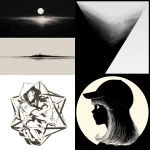Explore the Best AI Image Gallery
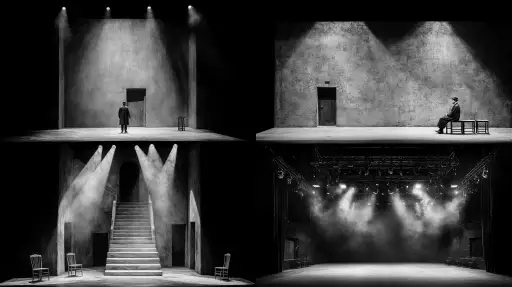
Beyond the Brush: AI Images and the Evolving Landscape of Design
The realm of design is undergoing a seismic shift, fueled by the rapid advancements in artificial intelligence (AI). AI-powered image generation tools are no longer confined to the realm of science fiction; they are actively reshaping how designers conceptualize, create, and deliver visual experiences. This blog post delves into this exciting new frontier, exploring the multifaceted impact of AI images on the design industry.
Unlocking Creative Potential: Applications of AI Images in Design
AI image generation tools empower designers with a powerful arsenal of capabilities, expanding the boundaries of creative expression. Some notable applications include:
- Concept Exploration and Ideation: Designers can leverage AI to generate a multitude of visual concepts based on textual prompts or existing imagery. This accelerates the brainstorming process, allowing for rapid iteration and exploration of diverse design directions.
- Customization and Personalization: AI enables designers to tailor visuals to specific user preferences or brand identities. By inputting parameters such as style, color palette, or subject matter, designers can generate unique images that resonate with target audiences.
- Content Creation Efficiency: AI image generation can significantly streamline the creation of repetitive visual elements such as icons, patterns, or illustrations. This frees up designers to focus on higher-level creative tasks, enhancing overall productivity.
- Interactive and Immersive Experiences: AI-generated images can be seamlessly integrated into interactive design projects, creating dynamic and engaging user experiences. For example, AI can generate responsive visuals that adapt to user input or generate realistic 3D environments for virtual reality applications.
Navigating the Ethical Terrain
While AI image generation offers tremendous potential, it is crucial to navigate its ethical implications responsibly. Key considerations include:
- Copyright and Intellectual Property: The ownership and copyright of AI-generated images remain a complex legal grey area. It is essential to establish clear guidelines and frameworks to address the intellectual property rights associated with AI-created content.
- Bias and Fairness: AI algorithms are trained on vast datasets, which may inadvertently contain biases that reflect societal stereotypes or prejudices. Designers must be vigilant in identifying and mitigating potential bias in AI-generated images to ensure fairness and inclusivity.
- Transparency and Accountability: It is important to maintain transparency in the AI image generation process, clearly disclosing when AI has been used in the creation of a visual. This allows for informed decision-making by users and fosters trust in the design process.
Shaping the Future: Trends and Predictions
The field of AI image generation is constantly evolving at a rapid pace. Some emerging trends and predictions shaping the future include:
- Enhanced Realism and Creativity: AI models will continue to advance, generating increasingly realistic and creative images with greater detail and artistic nuance.
- Personalized Design Experiences: AI will enable highly personalized design experiences, tailoring visuals to individual user preferences, cultural backgrounds, and contexts.
- Integration into Existing Design workflows: AI image generation tools will seamlessly integrate into existing design software and platforms, becoming an indispensable part of the creative workflow.
- Ethical Frameworks and Regulations: As AIs role in design expands, robust ethical frameworks and regulations will be crucial to ensure responsible development and deployment of these technologies.
Conclusion
AI image generation is revolutionizing the design industry, offering unprecedented creative possibilities while posing unique ethical challenges. By embracing this transformative technology responsibly and navigating its complexities thoughtfully, designers can unlock new frontiers of innovation and shape a future where AI empowers human creativity in profound ways.
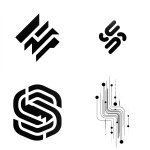
](https://images.ai-img.art/thumbnails/150/f9928aee79da6b2028ac7a7129ac30e6475a85d5300661776fde267c2da839ab.webp)
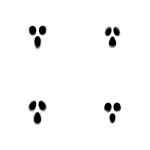

](https://images.ai-img.art/thumbnails/150/03de477e462377e62b34fea23ab1cbf6d4557f4077cc8bed9f23388af1200721.webp)
](https://images.ai-img.art/thumbnails/150/c04f7210bb9d35279503ff64ad44a9826d6909838f777fb1edd0fdece2ac7c70.webp)

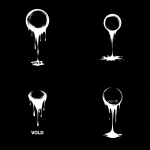

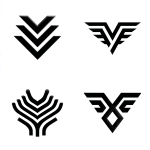
](https://images.ai-img.art/thumbnails/150/16ec42833d204af37c75cc776a794c54661cbfe1061c899680a4976a7f74cd51.webp)
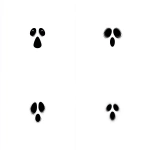
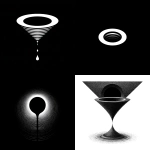
](https://images.ai-img.art/thumbnails/150/9ad2f4d771346182f4c9b6d1712edfd0b6b776f37b75dac606a8e03b1bd2dc47.webp)
](https://images.ai-img.art/thumbnails/150/45d068cbdc39002eccc21e2169438a3c142426219fda8c9e027c536cdf66811e.webp)
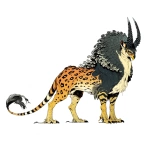
](https://images.ai-img.art/thumbnails/150/5b3fca49762c8c532ff70f250ca3b5900bac75be98d6c82f8f7a220465ad534a.webp)

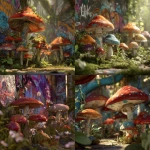
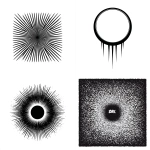
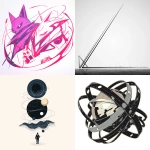
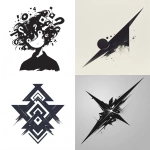

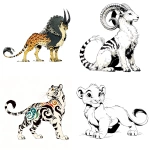
](https://images.ai-img.art/thumbnails/150/cc8f7b8338e849e1e11a902ac51eda96c8f710e5d829c5b4d57b56fa05d28e95.webp)
](https://images.ai-img.art/thumbnails/150/89d86a1c20e8844b6d4ce23cf0e6ae10c19923617b6be16cac5d3cc513bf9c4e.webp)
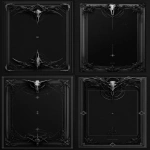
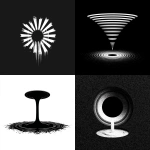
](https://images.ai-img.art/thumbnails/150/78a1311461ccc4b60dd1430d56ee04b3b5612a3145aef0a32196168d5489fdf3.webp)

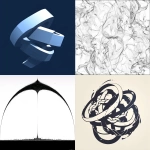
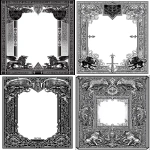

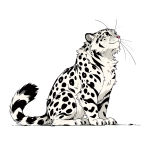
](https://images.ai-img.art/thumbnails/150/f1cbba604c7411267acd95acaa4746a5ee006a25ade5e596a9501884b384e1dd.webp)
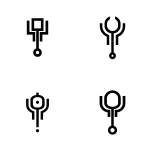



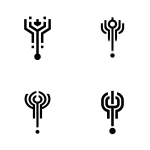
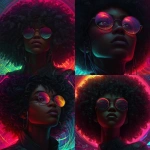
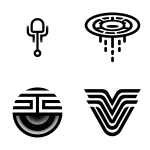
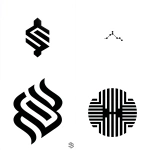
](https://images.ai-img.art/thumbnails/150/55e9c8ac48f7ca1311ec4a843e2616aa87c73e2217901ac138d198afb0b4f1db.webp)
](https://images.ai-img.art/thumbnails/150/4d725f4d5380eb583bdebf0aad4c789acd6782398b4050f01f350a939dd4c2af.webp)
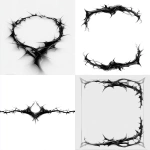
](https://images.ai-img.art/thumbnails/150/bbf691f1c69e4801062c68d0435463c5bf76258e3984fbe3cc25e9e46174cf88.webp)

](https://images.ai-img.art/thumbnails/150/8884a7a8953b23d6c882f33524c10e09d320bbce4f305f2c7e79c402d82c1760.webp)
